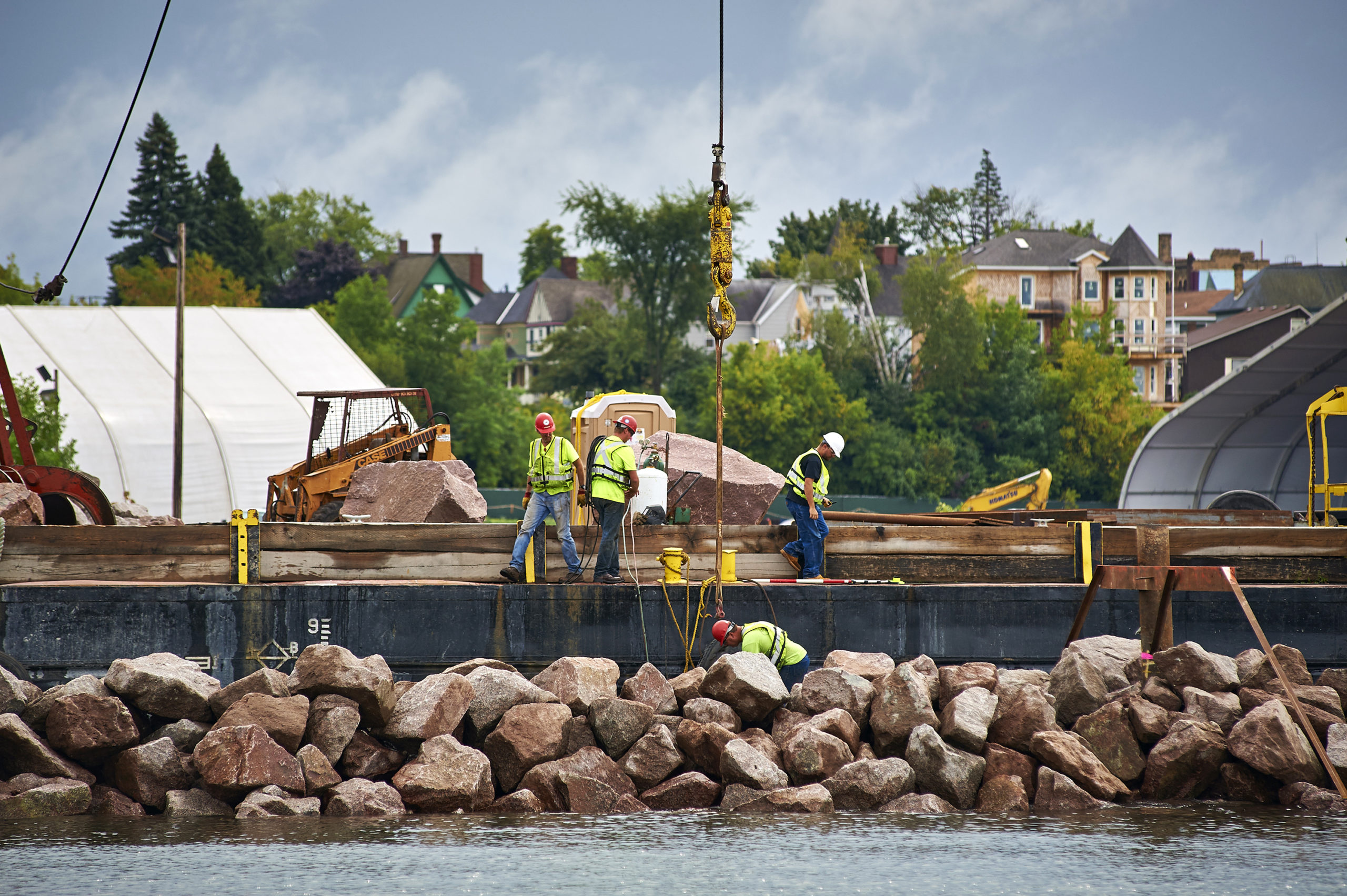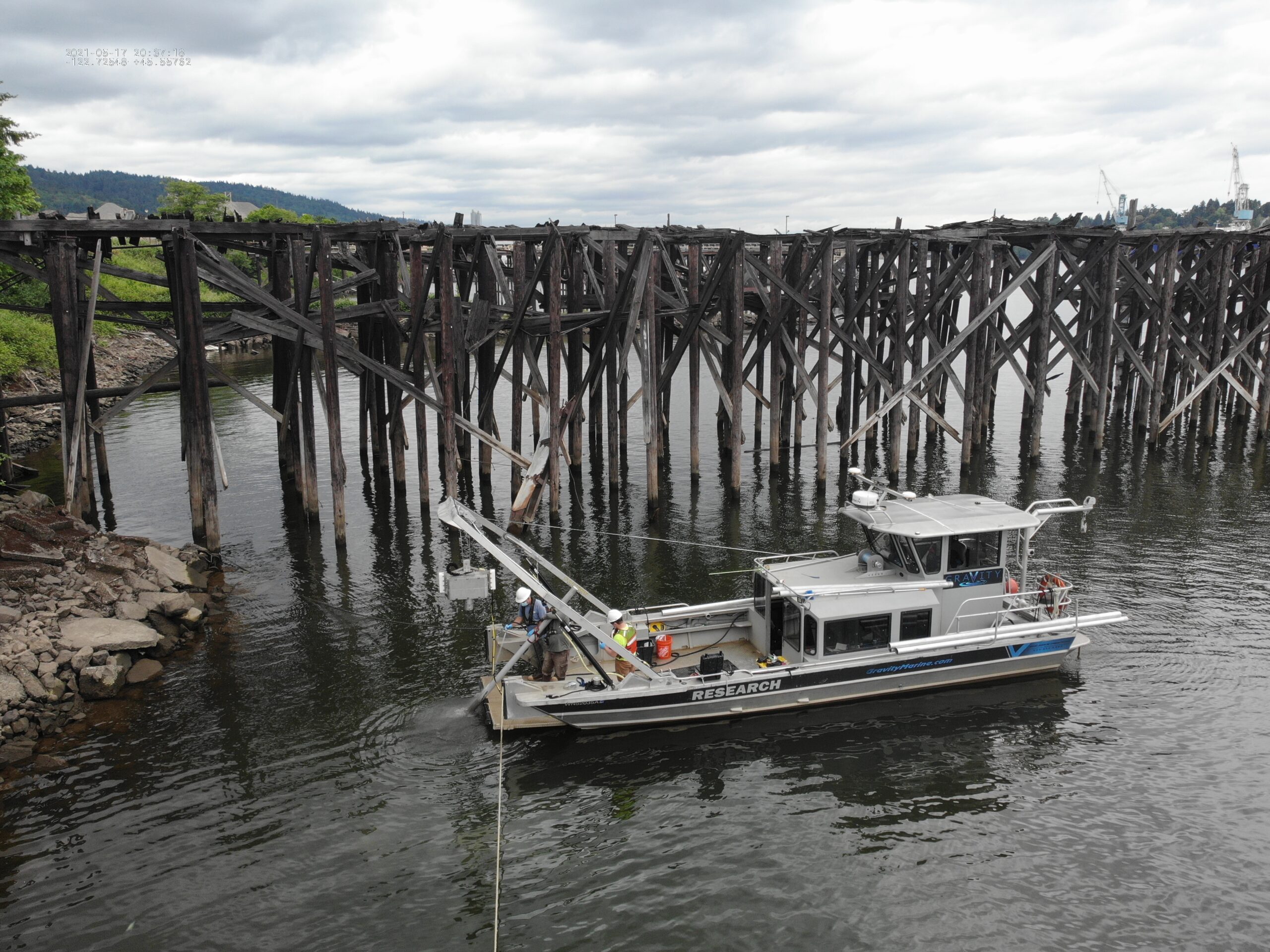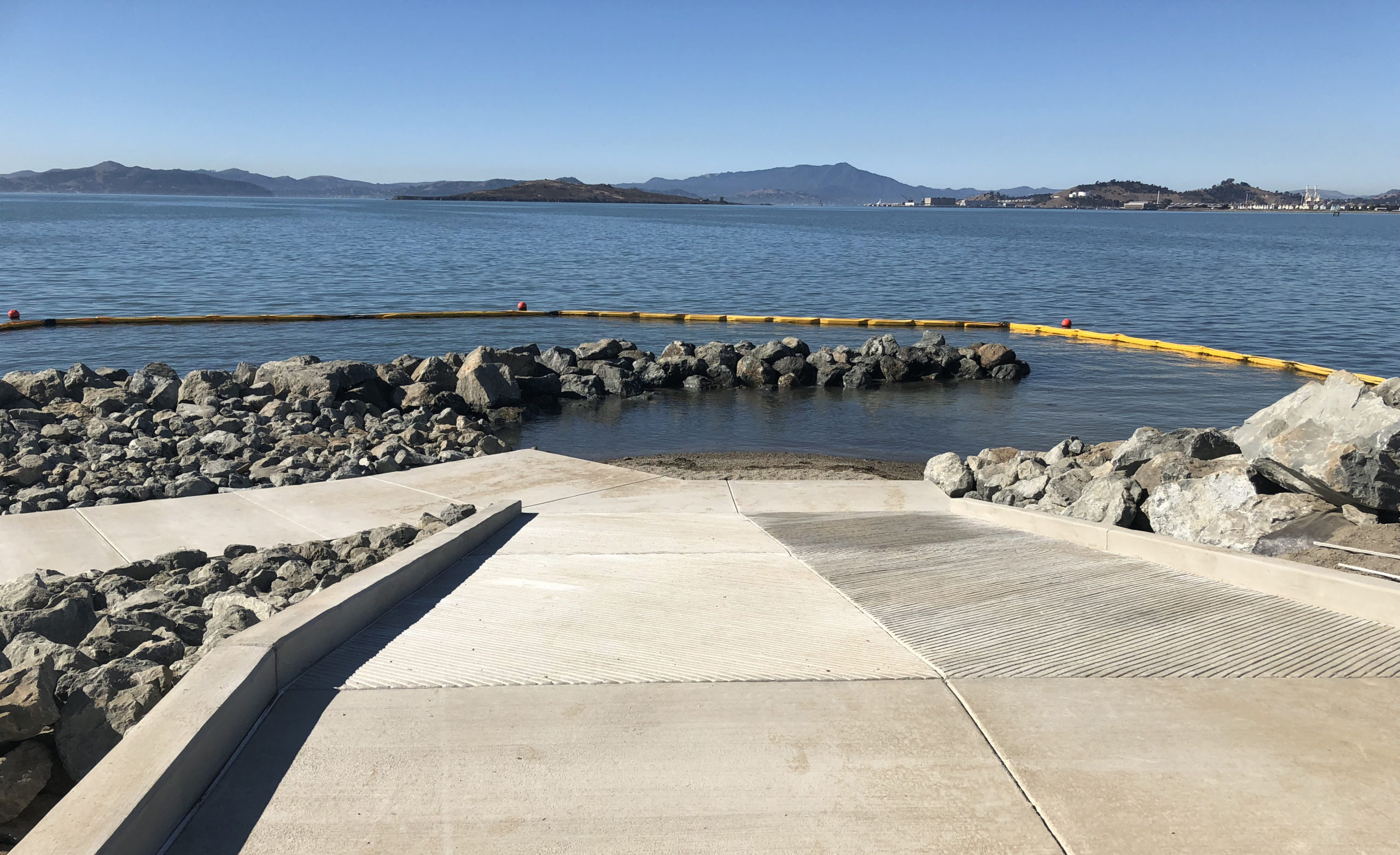
When planning for projects involving complex remediation, new capital expenditures, or even large-scale maintenance, it is tempting and common to begin by planning for execution. Design parameters, technology requirements, and necessary contracted resources are all essential inputs into the project plan and are frequently the components with which we are most familiar.
Organizations faced with planning these challenging projects characterized by multiple conflicting priorities, risks, and contingencies, often agree on design and execution before developing an understanding of or seeking feedback from interested stakeholders. While time is of the essence, project proponents often miss out on potential reputational and public relations benefits that can come from building relationships, and trust, early on.
A Different Approach to Remediation
The community of Ashland, Wisconsin is located on the shore of Lake Superior, known to be one of the world’s most pristine fresh water sources. While Ashland’s inhabitants enjoy the lakefront today, it was not always the case with a portion that was once home to a Manufactured Gas Plant (MGP) and other commercial activities that left contamination in their wake. After the contamination was discovered and agencies such as the Environmental Protection Agency (EPA) and the Wisconsin Department of Natural Resources (WDNR) became involved, Xcel Energy, formerly Northern Power States Co. which owned the MGP, began managing the remediation project which spanned ten years.
Foth was brought on as the prime design-build contractor in a joint venture with Envirocon to oversee the remediation project from start to finish. Xcel Energy and its contractors understood the many contentious issues that would pose challenges to this project beyond the complexities involved in the remediation itself, including the multimillion-dollar price tag, the proximity of residents and local businesses to the site, the odor, dust, and debris the remediation would unearth, the sanctity of Lake Superior, and the decade-long project schedule.
Of paramount importance to the project team was to ensure its project plans reflected the interests and values of the agencies, surrounding businesses, and the community of Ashland. The EPA-led consultation program began in the early 2000s, long before a shovel hit the ground, with a series of meetings and feedback sessions with city council, special interest groups, the chamber of commerce, businesses, and residents. Xcel Energy and its contractors understood the scrutiny this project would bear required relationships be built before plans were laid, and listening was crucial.
Rigorous Consultation Produces Trust and Positive PR
Care was taken to build relationships not only with community stakeholders, but the EPA and WDNR as well. The strict project schedule was further restricted by the shortened Wisconsin construction window of April to October, meaning delays would cause significant disruptions to the project’s success. What often challenges project proponents in meeting schedules is not a lack of expertise, sound design, or appropriate risk identification – although those factors can come into play – but a failure to develop relationships and trust with those who have an impact on outcomes.
The approach taken by the team was simple – it included seeking feedback early and ensuring insights received were incorporated into project plans. Once the project was underway, communication and consultation did not stop; rather the team continuously shared upcoming plans with community and agency stakeholders, sought feedback, and provided updates to keep stakeholders informed of progress and results. The project team proved it valued feedback by making meaningful change to its plans after listening to stakeholders and proved it could be trusted by doing what it said it would do, and transparently sharing outcomes. This built a cycle of trust that turned detractors into supporters, and resistors into partners.
One such interested stakeholder was Joyce “Peppy” Kabasa, Ashland resident. In a video created by Xcel Energy, Kabasa spoke on behalf of the company and its contractors, saying “… You would get a knock on the door, or if we were outside they would just clue us in – what’s happening today or what’s happening tomorrow, so nothing was ever a surprise.”
Bottom-Line and Reputational Benefits
Due to the trust the project team created with the agencies, it was able to create an innovative approach, called an Adaptive Management Approach, to solve problems and make field-level decisions in real time. This shaved weeks, if not months, off the project schedule, ensuring work was completed on time and saving valuable dollars.
Media can play a vocal role in projects of this magnitude if not well informed, and if local stakeholder interests are not properly considered. Media were invited to regular update meetings to cover the progress of the remediation project and were kept informed transparently, leading to fair coverage throughout the project lifecycle.
The trust built with the community and agencies led to positive reputational benefits for the project proponent, creating ambassadors that will speak positively on the company’s behalf about its practices in public materials. When Xcel Energy enters a new community, it brings its reputation as a trustworthy and ethical company, helping to smooth the way for project execution.
You can learn more about the Ashland Remediation Project, including how stringent clean up targets were met, by reading our case study and viewing our webinar (links to be added). Contact Foth today to learn how we can support you in your next complex remediation project, while earning positive PR reputational benefits along the way.
Markets: Utilities, Waterfront and Marine
Services: Coastal and Waterfront Engineering and Dredging, Design-Build / Alternative Project Delivery, Environmental and Regulatory Services, Remediation




